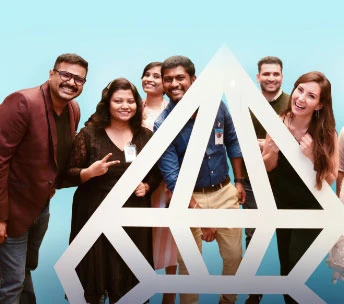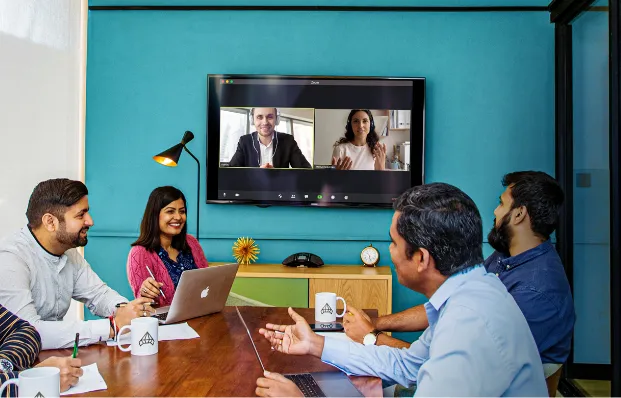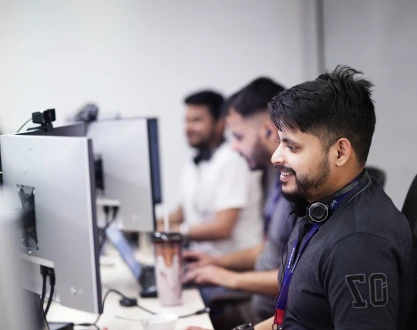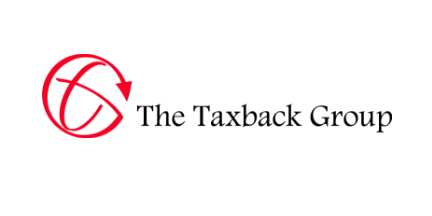Scale your tech team easily
Leverage our proven approach to expand your software development capacity and deliver at speed. The Scalers is your partner on the ground that assembles your team, acquires and sets up your premises, and supports your mission in Bangalore.


We build your team
We hire your developers from Bangalore’s world-class talent pool using a comprehensive, multistage assessment process.

We run your operations
We set up your dedicated workspace and take care of everything for you on the ground, freeing you to focus on your business.

You scale without limits
We instil your vision, values, and culture to ensure your team is engaged and fully aligned with your mission.

since 2014
Elite engineers in Bangalore
Home to the R&D centres of the world’s leading tech companies including Google, Amazon, and Microsoft — we tap you into a pool of top talent.

European and Indian leadership
Our management structure combines European organisation and processes with world-class Indian engineering expertise to deliver a truly holistic solution.

Powered by people
People are at the heart of everything we do. We’ve refined our approach to give you the authentic cultural alignment your competition doesn’t have.

We’ll help you —
Build a Dedicated Development Team
Set up your world-class in-house tech team based on your requirements that becomes an integrated part of your business.
Extend your existing Development Team
Augment your existing team in Bangalore to create exciting customer offerings, and work with your new colleagues the same as your staff at home.
Set up an ODC of 50+ engineers
Build your own offshore development centre of 50+ engineers, working on new products and services and driving innovation.
We build the best teams
Building our engineering team with The Scalers has been a success, and I don’t say that lightly!




























